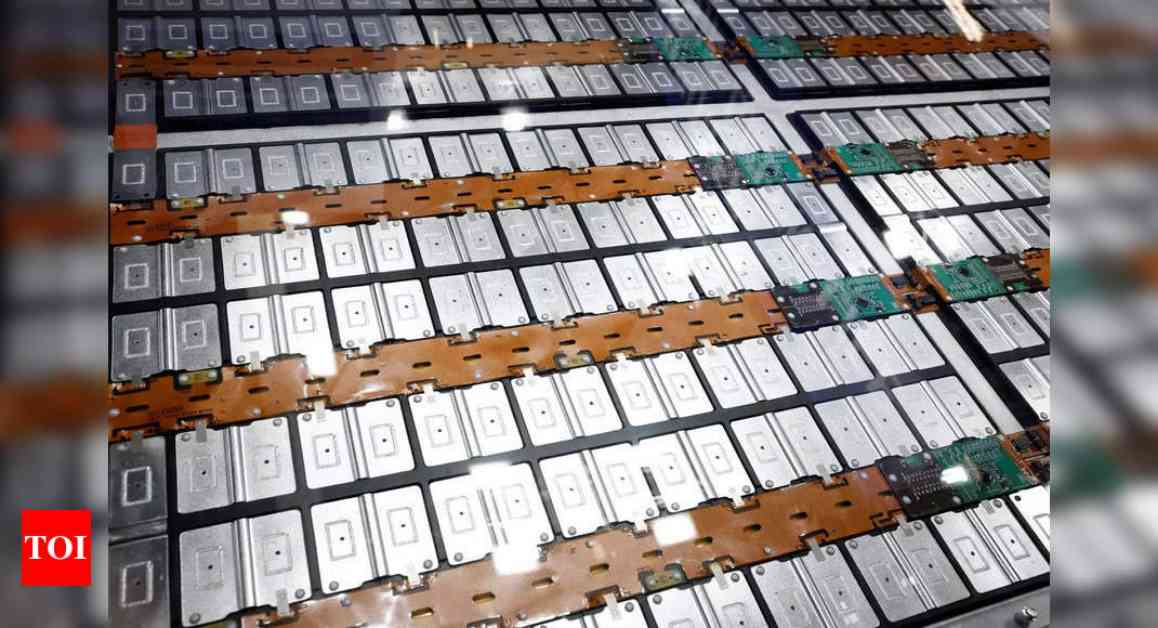Finance minister Nirmala Sitharaman made a significant announcement during the Union Budget, proposing to extend duty exemptions on capital goods used in the manufacturing of lithium-ion batteries. This move is aimed at boosting domestic production in a crucial sector that is integral to the development of electric vehicles and mobile phones. Sitharaman revealed, “To the list of exempted capital goods, I propose to add 35 additional items for EV battery manufacturing and 28 for mobile phone battery manufacturing.”
Industry experts have responded positively to this proposal, highlighting its potential to reduce costs and accelerate India’s transition to electric vehicles. Saket Mehra, partner at Grant Thornton Bharat and a leader in the auto & EV industry, stated that the reduction in customs duty on lithium would significantly lower input costs, ultimately driving growth in the country’s EV sector. Nirmal K Minda, chairman and managing director of Uno Minda, also commended the government’s focus on localizing EV battery production and components, which would enhance manufacturing capacities and reduce dependence on imports. He emphasized that localizing key EV parts like batteries, motors, and controllers would make electric vehicles more affordable for consumers while strengthening India’s EV ecosystem.
Pritesh Mahajan, co-founder and CEO of Revamp Moto, expressed appreciation for the government’s decision to fully exempt Basic Customs Duty (BCD) on cobalt powder, lithium-ion battery waste, scrap, and 12 other critical minerals. Mahajan emphasized that this move would not only lower production costs but also encourage companies to scale up operations, drive technological innovation, and create high-value jobs within the sector.
With these policy measures in place, India is taking a significant step towards becoming a global hub for lithium-ion battery manufacturing. This initiative aims to reduce dependence on imports, foster sustainable growth in the EV and electronics industries, and position India as a key player in the global market for battery technology.
Implications for the EV and Electronics Industries
The proposal to extend duty exemptions on capital goods for lithium-ion battery production carries far-reaching implications for the electric vehicle and electronics industries in India. By reducing input costs and encouraging local manufacturing, these measures have the potential to drive innovation, create high-value jobs, and enhance the competitiveness of Indian businesses in the global market. As the country moves towards a greener future, these policies play a crucial role in establishing India as a leader in sustainable technology and manufacturing.
Expert Perspectives on the Proposal
Industry experts have lauded the government’s decision to extend duty exemptions on capital goods for lithium-ion battery production, recognizing the significant impact it will have on the growth of the EV and electronics sectors. By reducing costs, encouraging local production, and promoting innovation, these policies set the stage for a more vibrant and competitive industry landscape. As businesses adapt to these changes, consumers can expect to see a wider range of affordable electric vehicles and electronic devices, driving India towards a more sustainable and technology-driven future.























